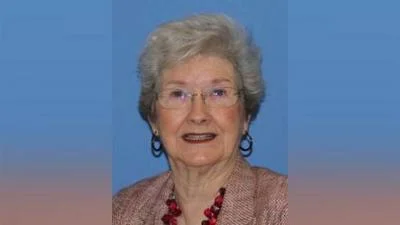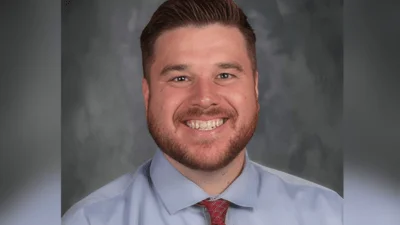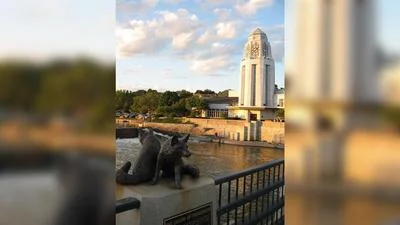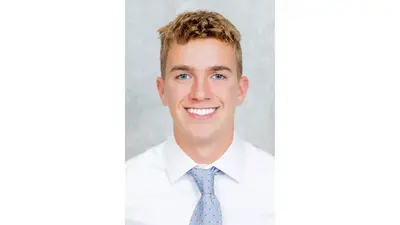The Chicago-based university will partner with the Illinois Institute of Technology (IIT) to engage students from marginalized communities to see the value in STEM education
(Chicago: May 22, 2022) – The National Science Foundation (NSF) recently awarded NLU and IIT a Noyce Scholarship multi-year grant of approximately $1.1 million. The prestigious grant was bestowed by the Robert Noyce Teacher Scholarship Program, which provides funding to recruit and prepare STEM majors and professionals to become K-12 teachers. The program seeks to increase the number of K-12 teachers with strong STEM content knowledge to teach in high-need school districts.
The project, titled "Engaging Noyce Scholars in Anti-Racist Community-Based Teaching in Biology, Chemistry, Mathematics, and Physics," will prepare STEM teachers who will strengthen the STEM persistence rates of marginalized groups by providing anti-racist, community-based science and mathematics instruction that gives high school students the skills and experiences to understand how STEM can positively impact their own communities. This project is led by Dr. Vishodana Thamotharan, STEM Director at NLU’s National College of Education; Dr. Eun Kyung Ko, Associate Professor in Elementary Education at NLU; and Dr. Andrew Howard, Associate Professor of Biology & Physics at IIT.
STEM education and proficiency in the U.S. has been falling behind since the 1980s, according to current measures. U.S. students have been steadily falling behind their international counterparts in these fields. In the 2019 “Trends in International and Mathematics Science Study,” U.S. fourth grade students ranked fifteenth among sixty-four participating nations, while eighth graders ranked eleventh among forty-six participating educational systems. Beyond issues of national competitiveness, however, STEM education is often a gateway into productive and meaningful careers. Through the Noyce scholarship program, NLU and IIT are taking aim at this chronic national problem by preparing teachers to help uplift today’s students from underserved communities so they may become tomorrow’s engineers, software programmers, chemists, and product designers.
The project develops and evaluates a model for preparing high school STEM teachers who can use their instruction to positively address the very conditions that have limited who can pursue mathematics and science in the U.S. “This kind of initiative is long overdue,” said Dr. Thamotharan. “As educators, it is up to us to help young people see the value of a degree in one of these fields, not only because it leads to productive career – though of course that is important – but also because of the real and lasting positive impact it can have on their communities.”
From recruitment through induction, this project focuses on community engagement. The incorporation of community-based inquiry as a form of effective STEM teaching positions school communities as sources of strength and knowledge. The cohort approach of the program will result also in a cadre of highly prepared educators who share their developing expertise with other pre-service teacher candidates and grow their own community-based practice. The Chicago Public Schools (CPS) and CICS Northtown Academy High School are the district and school site partners on this grant.
"Illinois Tech has a 125-year history of providing high-quality technological education to first-generation college students and students from underprivileged backgrounds,” says Dr. Howard. "This project is an opportunity for Illinois Tech science and math students to prepare to teach in marginalized communities."
These two institutions are already engaged in collaboratively alleviating the ongoing teacher shortage in Illinois, and indeed nationally, in response to the urgent call for effective STEM teaching. NLU and IIT recently launched a collaborative five-year Bachelor of Science/Master of Arts in Teaching (BS/MAT) program to prepare effective STEM high school teachers. The efforts of this grant-funded project will align with and support this joint program and its candidates.
Details of the NSF Noyce grant are available at NSF Award #2150961. For questions, please contact Dr. Visho Thamotharan at vthamotharan@nl.edu.
Original source can be found here.





 Alerts Sign-up
Alerts Sign-up